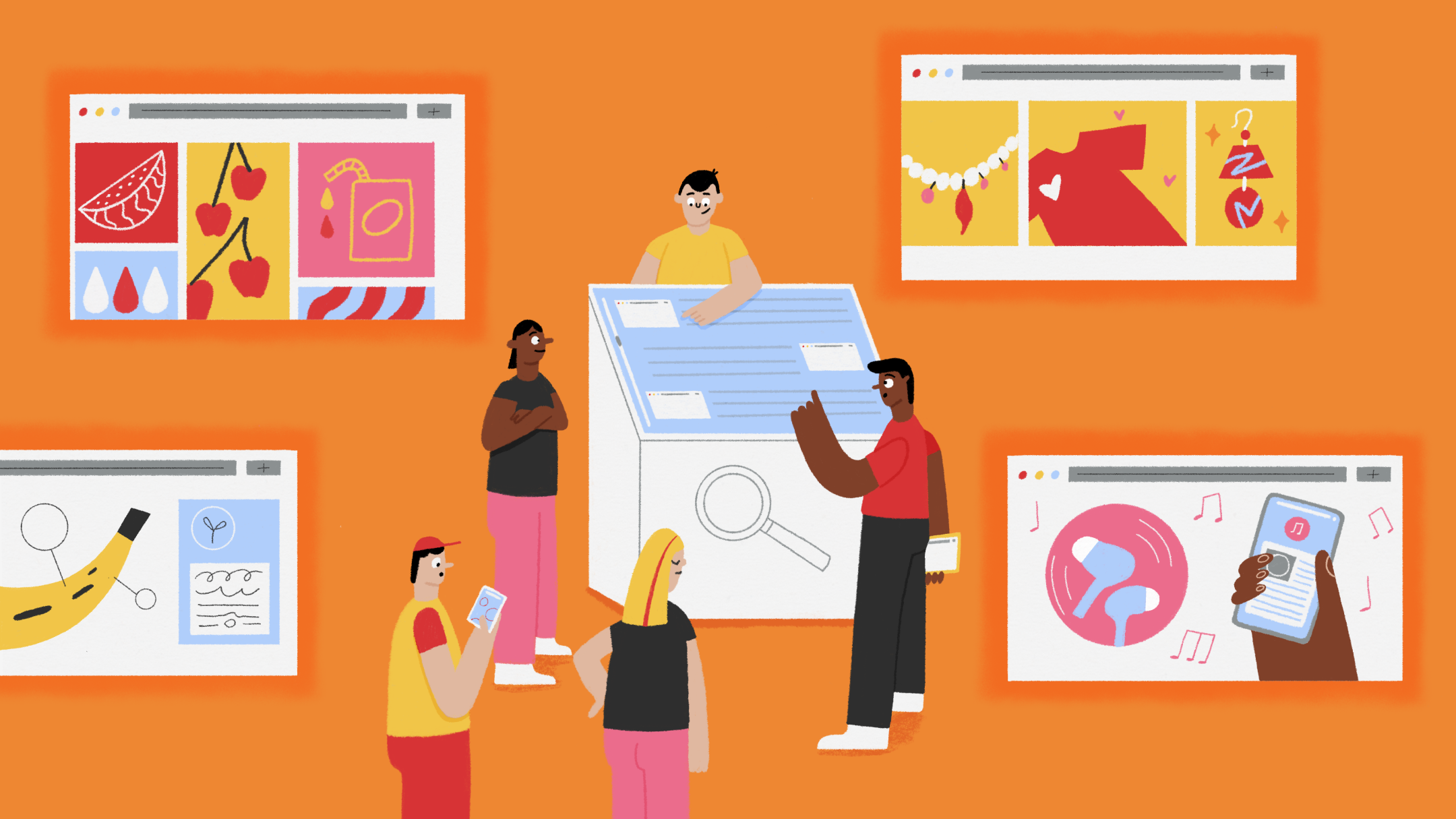Factors like housing, utilities, insurance, groceries, transportation, and healthcare play a significant role in determining personal expenses. According to various sources, the average monthly expenses for a single person range from $3,405 to $3,693, while a family of four may spend between $7,749 to $8,460.
These expenses encompass a wide array of necessities, discretionary spending, and savings, illustrating the diverse financial demands individuals and families face. Understanding average monthly expenses can aid in budgeting and financial planning, providing insights into the allocation of resources to ensure financial stability and future growth.
Exploring Average Personal Expenses
Understanding average personal expenses is crucial for managing personal finances effectively. It provides insights into the typical spending patterns and aids in creating a realistic budget. By delving into the factors influencing personal expenses, individuals can gain a comprehensive understanding of their financial obligations and make informed decisions to improve their financial well-being.
Understanding The Average Personal Expenses
When considering the average personal expenses, it's essential to encompass diverse facets of daily living. These expenses typically include housing, utilities, transportation, food, healthcare, insurance, and entertainment. According to various financial research sources, the average monthly personal expenses can range from $3,405 for a single person to $7,749 for a family of four.
Factors Impacting Personal Expenses
Several factors can significantly impact personal expenses, directly influencing an individual's or a family's financial outflow. These factors may involve geographic location, lifestyle choices, family size, income level, and discretionary spending. For instance, individuals residing in urban areas might experience higher housing and transportation expenses compared to those in rural locations.
Average Monthly Expenses Breakdown
When it comes to managing personal finances, understanding the average monthly expenses breakdown is crucial for maintaining a healthy budget. By breaking down expenses into categories such as housing costs, transportation costs, and healthcare expenses, individuals can gain valuable insights into their spending habits and make informed financial decisions.
Housing Costs
One of the largest expenses for many individuals is housing. This includes
- Mortgage or rent payments
- Property taxes and insurance
- Utilities such as electricity, water, and internet
Transportation Costs
Transportation costs can vary significantly depending on a person's location and commuting needs. This category covers
- Car payments or public transportation expenses
- Gasoline or public transit fares
- Vehicle insurance and maintenance
Healthcare Expenses
Healthcare expenses are an essential aspect of personal budgeting. These expenses may include
- Health insurance premiums
- Out-of-pocket medical costs
- Prescription medications and copayments
Insights Into Spending Patterns
Gain valuable insights into spending patterns with a look at how much the average person spends on personal expenses. Discover common monthly costs and budgeting tips for managing personal finances effectively. Understanding these spending habits can help in making informed financial decisions.
Comparison With Budget Guidelines
Average monthly expenses for American households can vary significantly. Research shows that the typical single person spends around $3,693 per month, while a family of four can spend up to $8,460 monthly.
Regional Disparities In Spending
When it comes to regional differences, urban areas tend to have higher living costs compared to rural areas. For instance, expenses like housing and transportation may be more expensive in cities like New York or San Francisco compared to smaller towns.

Credit: www.rolandberger.com
Tips For Managing Personal Expenses
Managing personal expenses is crucial for financial stability. Understanding the average spending on personal expenses can help individuals set realistic budgets and prioritize spending. By tracking and categorizing expenses, individuals can identify areas for potential savings and make informed financial decisions.
Creating A Realistic Budget
One of the key strategies for managing personal expenses is creating a realistic budget. By having a clear understanding of your income and how much you spend, you can make informed decisions about your spending habits. Here are some steps to create a realistic budget:
- Track your expenses: Start by tracking all of your expenses for a month. This will give you a clear picture of where your money is going.
- Identify necessary expenses: Differentiate between necessary and discretionary expenses. Necessary expenses include things like rent, utilities, groceries, and transportation.
- Set financial goals: Determine what you want to achieve financially. Whether it's saving for a vacation or paying off debt, having specific goals will help guide your budgeting decisions.
- Create spending categories: Divide your expenses into categories such as housing, food, transportation, entertainment, and savings. This will help you to allocate your income accordingly.
- Determine your income: Calculate your total monthly income from all sources. This will give you a baseline for how much you have available to spend.
- Allocate your income: Based on your spending categories and financial goals, allocate a certain amount of your income to each category. This will ensure that you prioritize your spending and avoid overspending in certain areas.
Cutting Unnecessary Costs
In addition to creating a budget, cutting unnecessary costs is another effective way to manage personal expenses. By identifying and eliminating expenses that are not essential, you can save money and allocate it towards more important things. Here are some tips for cutting unnecessary costs:
- Review your subscriptions: Take a look at all of your monthly subscriptions such as streaming services, gym memberships, and magazine subscriptions. Consider canceling any that you don't use regularly or can do without.
- Evaluate your dining habits: Eating out can be a major expense. Try reducing the number of times you eat out each week and cook more meals at home. This can save you a significant amount of money.
- Reduce energy consumption: Make conscious efforts to conserve energy in your home. Turn off lights when not in use, unplug electronics when they're not being used, and adjust the thermostat to save on heating and cooling costs.
- Shop smart: Before making a purchase, compare prices online and look for deals and discounts. Take advantage of coupons and loyalty programs to save money on groceries and other essentials.
- Avoid impulse buying: Resist the urge to make impulsive purchases. Before buying something, ask yourself if it's a need or a want. If it's a want, consider waiting a few days to see if you still feel the same way about it.
- Automate savings: Set up automatic transfers from your checking account to a savings account. This way, you'll be consistently saving money without even thinking about it.
Future Trends In Personal Spending
The way people spend their money is constantly evolving, influenced by changing consumer behaviors and economic conditions. As we look towards the future, it's important to understand the potential shifts in personal spending habits and how they might impact individuals and the economy as a whole.
Changing Consumer Behaviors
Consumer behaviors are continually changing, driven by factors such as technological advancements, societal shifts, and cultural influences. These changes have a direct impact on personal spending habits and can be seen in various areas:
- Rise of e-commerce: Online shopping has become increasingly popular, offering convenience and a wide range of choices. This trend has led to a shift in how people spend their money, with more purchases being made online.
- Preference for experiences: Millennials and younger generations are prioritizing experiences over material possessions. They are more likely to spend their money on travel, dining out, and other experiences that contribute to personal growth and enjoyment.
- Focus on sustainable and ethical products: Consumers are becoming more conscious of the impact their purchases have on the environment and society. This has led to an increased demand for sustainable and ethically-produced products, with people willing to spend more on items that align with their values.
Impact Of Economic Conditions
Economic conditions play a significant role in personal spending trends. When the economy is thriving, individuals generally have more disposable income and are more willing to spend on non-essential items. On the other hand, during times of economic downturn, people tend to tighten their belts and cut back on non-essential spending.
Factors that can affect personal spending due to economic conditions include:
- Unemployment rates: High levels of unemployment can have a significant impact on personal spending habits as individuals prioritize basic necessities and reduce discretionary spending.
- Interest rates: Lower interest rates can incentivize borrowing and increase spending on items such as houses and vehicles.
- Inflation: Rising inflation can erode purchasing power and lead to reduced personal spending as individuals try to stretch their budgets.
Understanding the potential impact of changing consumer behaviors and economic conditions is crucial for individuals and businesses alike. By keeping an eye on these future trends, individuals can make informed decisions about their personal finances and adapt their spending habits accordingly.

Credit: www.shopify.com

Credit: www.wolterskluwer.com
Frequently Asked Questions For How Much Does The Average Person Spend On Personal Expenses
How Much Does The Average Person Spend On Personal Expenses Per Month?
The average person spends around $3,405 to $8,460 on personal expenses per month.
How Much Does The Average Person Spend On Personal Care Per Month?
The average person spends approximately $100 to $200 on personal care per month.
How Much Should My Personal Expenses Be?
The average person's personal expenses can vary based on factors such as location and household size. On average, a single person spends around $3,600-$3,700 per month, while families of two spend around $5,700-$6,400 per month. Budgeting according to your specific needs and financial situation is important.
What Is A Reasonable Personal Budget?
A reasonable personal budget varies depending on household size. On average, a single person spends around $3,693 per month, while a family of two spends around $6,372. For a family of three, the average monthly expenses are $7,189, and for a family of four, it is around $8,460.
These numbers include expenses such as housing, insurance, childcare, and healthcare.
Conclusion
After delving into the average person's monthly expenses, it's clear that budgeting wisely is key. Understanding your spending habits can lead to financial stability and better money management. By analyzing your personal expenses, you can make informed decisions for a more secure future.
Take control of your finances today.






0 Comments